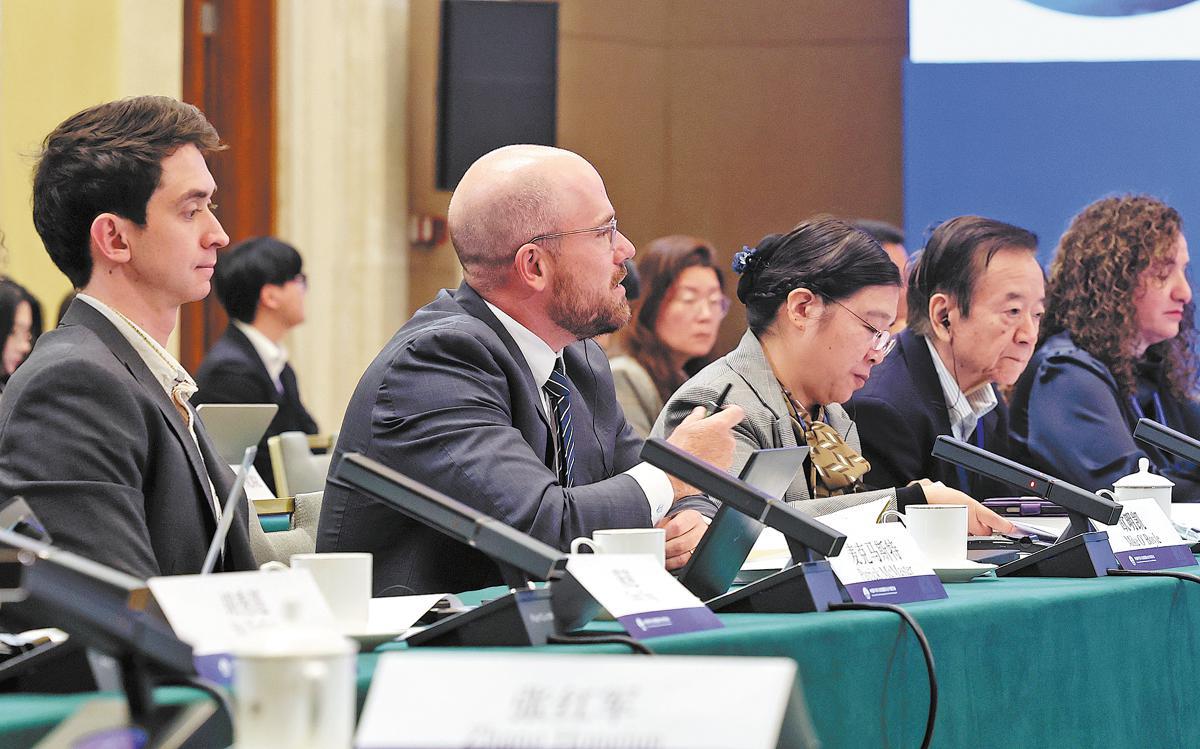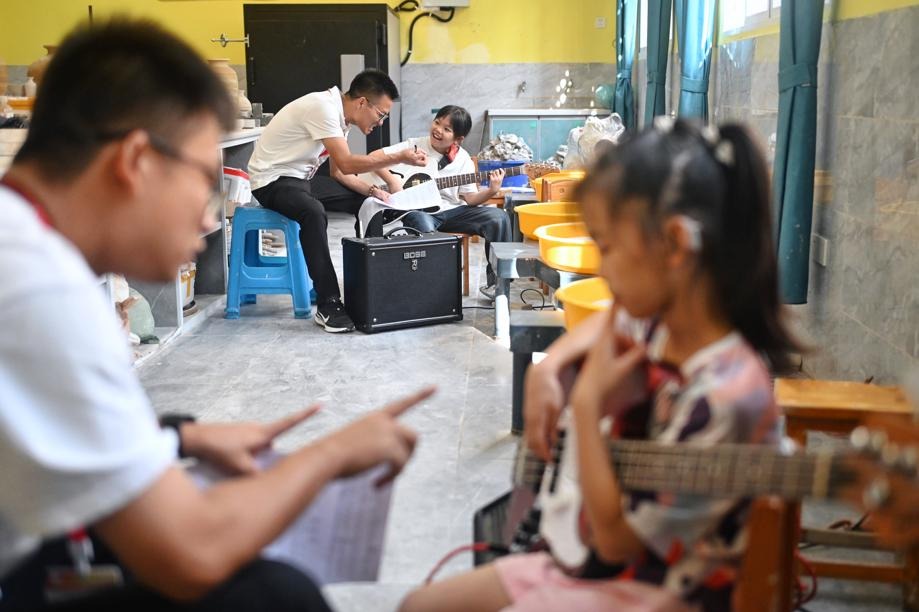Joint global effort needed to foster fair low-carbon economy


Transitioning to a low-carbon economy that emphasizes fairness and protects livelihoods requires global cooperation, experts said on Thursday at a forum during the 2025 Annual General Meeting of the China Council for International Cooperation on Environment and Development.
Gao Xiang, an academician of the Chinese Academy of Engineering, said a truly fair transition can only be achieved through global collaboration.
"Green transformation requires the joint efforts of the international community not just in technology and industry, but also in building consensus and providing policy support," Gao said.
To tackle climate change, accelerating the green and low-carbon transition must be a shared mission, Gao said.
"Climate change has become a real threat to human survival and development. This year, we've clearly seen an increase in extreme weather events. Climate change is not a future concern — it's a pressing challenge we face now," he said.
"When technology develops into an industry that supports the economy, its implementation becomes more widely accepted. Moreover, the green transition involves diverse changes. Successful transitions require active demonstration and promotion to ensure fair and reasonable choices," he added.
Pete Harrison, executive vice-president of the Environmental Defense Fund, said the concept of a just transition is about more than changing technologies or energy systems.
"It's about rethinking how our societies create value, how we support communities and how we ensure fairness as we move toward a low-carbon economy," he said. "Such a transition reminds us that climate action is not only about reducing emissions — it is also about people's lives and livelihoods."
Harrison added, "In the context of declining traditional energy industries, just transition policies are emerging to address social and economic challenges and to promote balanced regional development."
Lyu Wenbin, director of the Energy Research Institute at the National Development and Reform Commission, said strengthening global exchanges on green transformation is essential, as both developed and developing countries face challenges in transforming traditional energy regions.
"Today's world faces challenges, and cooperation is more crucial than ever. We need to enhance dialogue, ensure the free flow of low-carbon technologies and products, and promote mutual recognition of green standards to help traditional energy regions accelerate their transition," Lyu said.
"Green transformation isn't only about advanced technology — it also involves ensuring fairness. This includes turning the resource advantages of China's western regions into economic benefits and achieving a win-win outcome for energy security and green transition in the eastern regions," he said.
"We need to advance green transformation and common prosperity in a coordinated way. We must focus on job creation and ensure that the public shares in the green transition's achievements," he added.
He Kebin, dean of the Institute for Carbon Neutrality at Tsinghua University, said that to advance the green energy transition, efforts must move from isolated technological breakthroughs to coordinated innovation across entire systems, along with stronger international cooperation.
"This will help achieve multiple goals — reducing carbon emissions and cutting pollution," He said. "We should promote close collaboration in deploying green technologies across industries and achieve a green, just and efficient transition through the effective application of technology. This will create a more inclusive and sustainable future."
lihongyang@chinadaily.com.cn
- Joint global effort needed to foster fair low-carbon economy
- Z-20T helicopter dazzles in Tianjin, showcasing broad combat versatility
- Civil service exam draws fierce race
- Rural vitalization, help for aged go hand in hand
- Land-sea coordination key to ensuring prosperity
- Shandong county customizes approach to elderly care




































